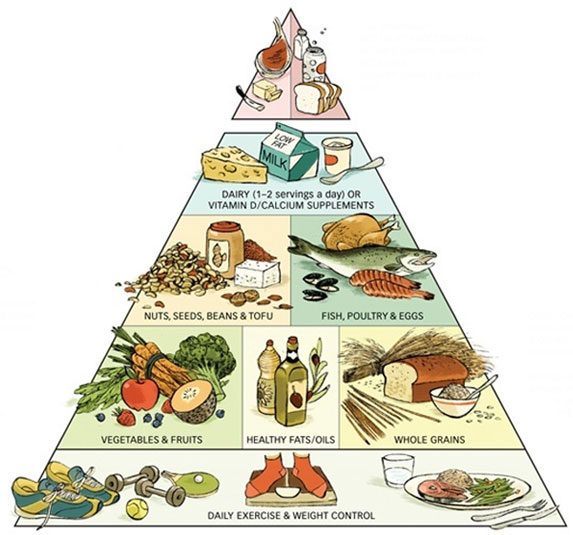Nutrition’s Role in Mesothelioma Prognosis
Making conscious decisions to better your diet and nutrition intake may improve your overall health and impact your prognosis. Changes to diet and talking to your doctor about nutritional supplementation are just a few of the steps that you can take.
Nutrition & Mesothelioma Treatment
Adequate nutrition during mesothelioma treatment is important for immune health and overall healing. Unfortunately, treatment itself can complicate eating, making it difficult to get the nutrition you need. Chemotherapy can reduce appetite, and cause nausea and mouth sores. Radiation therapy can affect the taste of food and induce nausea. Recovering from surgery can impact appetite and digestion. Certain medications can lessen appetite and cause constipation. Thankfully, there are steps you can take to ensure you get adequate nutrition.
Start with a healthy diet. You can make simple substitutions and gentle improvements slowly. Rushing into a radically different diet might affect your digestion and mood. Ask if a dietitian is available at your treatment center to help create a meal plan that suits your lifestyle and treatment choices.
Harvard’s School of Public Health created the Healthy Eating Plate and Healthy Eating Pyramid to help people understand what makes up a balanced, healthy diet.

Diet Substitutions and Changes You Can Make
When eating challenges arise, you can make modifications to your diet to get proper nutrition. You can also prepare for potential eating challenges by planning meals in advance. Ask a caregiver to help you with meal planning, grocery shopping and food preparation.
- Consume drinks after meals. Drinking before or during meals will fill you up before you have the chance to eat enough calories.
- Freeze in portions for quick reheating.
- Include protein in every meal and snack.
- Eat six or more small meals a day instead of three larger meals.
- Snack whenever you are hungry and eat as much as you like when hungry.
- Make smoothies and drink shakes if chewing becomes difficult.
Consuming enough protein and calories are the two primary concerns for people undergoing mesothelioma treatment. Protein helps your body to handle treatments better and helps your body to repair. Eating enough calories is essential to immune function, overall health and optimal recovery.

Vitamins, Minerals and Supplements
Try to eat a variety of fresh, whole foods instead of highly processed foods. Limit consumption of sugary foods like processed desserts. Metabolism turns processed carbohydrates and sweets into glucose, a simple sugar that fuels cells – including mesothelioma cancer cells. Glucose is essential for the brain and body to function, but the key is to keep blood sugar levels in balance. Eating plenty of fresh fruits, vegetables and whole grains will maintain blood sugar at healthy levels.
- Add protein-rich foods to every meal, such as beans, cheese, tofu, chicken and fish.
- Snack on protein-dense foods such as nuts, cheese and nut butters.
- Include protein powder or ice cream in smoothies.
- Add powdered milk to potato dishes, milkshakes and creamy soups.
- Toss cooked meats into casseroles, soups and omelets.
- Top off soups, sauces, vegetables and salads with shredded cheese.
- Add cream cheese to sandwiches, bagels and toast.
- Don’t eat foods that are reduced in fat.
- Opt for full-fat ice cream, cheese and milk.
- Add butter or oil to rice, pasta, casseroles and oatmeal.
- Include heavy cream and sour cream in sauces, soups, cakes and cookie recipes.
- Use whipped cream to top desserts and hot cocoa.
- Toss vegetables and pasta in cream sauces.
You can get the nutrients you need from a balanced diet, but this might be challenging to do during treatment and recovery. It is important to speak with your oncologist about taking a nutritional supplement because certain supplements may help or harm your treatment.
For example, taking certain nutrients before chemotherapy can help the body respond better. The vitamins B12 and folic acid are given to patients before chemotherapy with Cisplatin and Alimta to reduce side effects. However, other nutrients may interfere with effectiveness or cause side effects.
Your oncologist will let you know when to take or avoid nutritional supplements. Your treatment center may have an oncology dietitian available to help you develop a dietary plan that works for your diagnosis, treatment and lifestyle. Be sure to check with your doctor first, but nutritional drink supplements like Ensure® and Boost® are generally safe to consume for people with mesothelioma.
 Do You or a Loved One Have Mesothelioma?
Do You or a Loved One Have Mesothelioma?